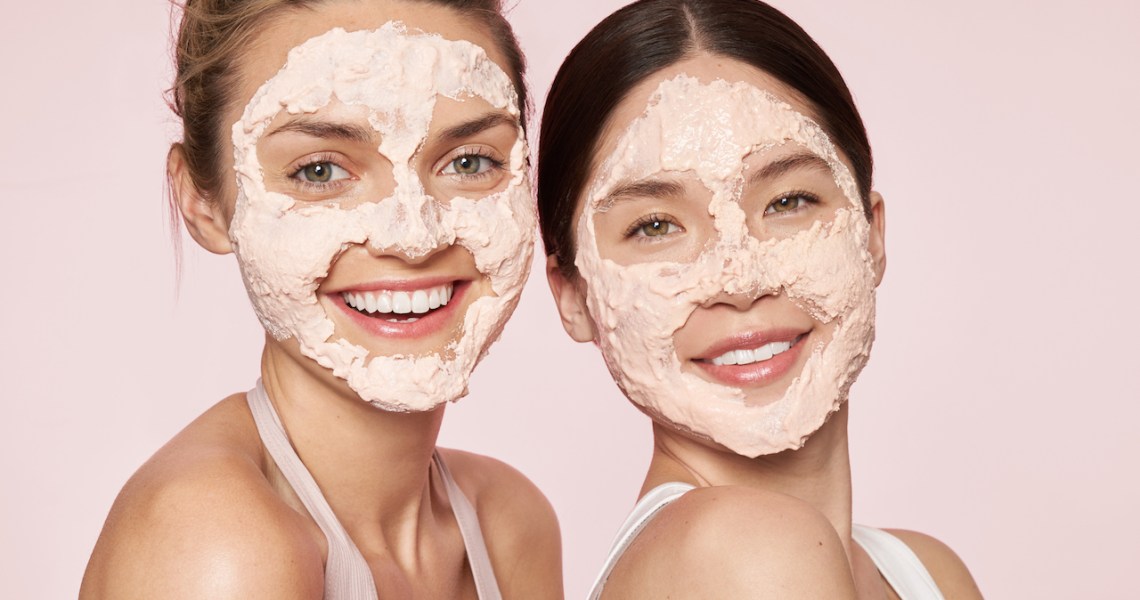As beauty companies continue to experience declines in the U.S., due to a softening makeup segment, businesses have ramped up their focus on China.
Estée Lauder Companies saw net sales grow by 11% to $3.9 billion in the latest quarter, thanks to wins in China. This was despite declines in the Americas of 6%. On a call with Wall Street analysts Thursday, Fabrizio Freda, Estée Lauder Companies president and CEO said, “Our growth in China accelerated from the previous quarter, fueled by multiple engines. We had double-digit growth across all categories, all channels and nearly all brands. Our online business in China was strong. Our sales on Tmall doubled with growth across brands.”
Banking on the Chinese market to offset a U.S. color cosmetics slowdown and a possible 2020 recession makes sense. This past fall, Fenty Beauty launched a flagship store on Tmall Global in September and Drunk Elephant, which was just acquired by Shiseido, debuted on Tmall’s cross-border site, as did Deciem. With Tmall’s shopping festival 11:11 just weeks away, beauty companies are eager to capitalize on the region. However, there are obstacles.
Gamifying the shopping experience works for incumbents like YSL Beauty, which tied KOLs and Tmall to Coachella, and Jo Malone that hosted an activation in conjunction with Tmall’s August 2018 Super Brand Day. But that doesn’t solve for Chinese customers having a bigger appetite for emerging brands.
“These young shoppers do not want the brands their moms and aunts wore,” said Joe Nora, marketing director at Export Now, a U.S.-based company that launches retail brands in China. “There is an uptick in interest for niche and emerging brands like Drunk Elephant, but they have to be able to rise above the noise on a global level to make it. Young Gen-Z shoppers from China are looking at ratings and reviews on Sephora and Amazon to see if a brand is worth their attention.”
But just because demand might be there, nascent beauty brands typically do not have the financial means of a L’Oréal or the Estée Lauder Companies to support a launch in China. Nora estimated that customer acquisition costs on China’s online platforms are about $40 per consumer.
“New brands are always asking us, ‘Can we wait until next year?’ but the economics do not prove it is going to get any easier from a cost perspective,” he said.
Ad position: web_incontent_pos1
Launching on Tmall alone is also not a foolproof strategy, said beauty strategist Elizabeth Kopelman of Frisson Beauty.
“Tmall is a minimum, but an insufficient criterion for success,” she said. “Many new brands try to get on Tmall just because their distributors erroneously told them to spend the necessary resources, and they are lured by the possibility. But that doesn’t account for how important awareness and social selling are in that environment.”
For brands unsure of their ability to support a China launch, Nora suggested the first step of seeding content and products on platforms like Little Red Book and Taobao for four to six months before even attempting to make the move to Tmall.
When Erno Laszlo launched on Tmall in 2014 both offline and via its online cross-border platform, Kristy Watson, the company’s chief marketing officer, said that strategy was actually one that was set in place 15 years prior.
“We launched in Hong Kong at the end of the ’90s, and that’s how we became known in the region,” she said.
Ad position: web_incontent_pos2
Beyond brand recognition, Erno Laszlo built its business in China on a hero product, the Hydra-Therapy Skin Vitality Treatment, which retails for $400 and is the company’s best-seller. On Tmall, it is the No. 2 top-selling mask on the platform. Erno Laszlo has seen 50% year-on-year growth on Tmall, and Watson expects China to overtake the U.S. as its largest market within three years. The U.S. presently accounts for 50% of sales.
But Erno Laszlo can not simply rest on its laurels. For its own 11:11 strategy, the beauty company kicked off a six-week lead-up strategy that included Weibo and WeChat campaigns and is working with 4 KOLs. Of the latter, Erno Laszlo flew KOL Yu Chen to New York to chat on a livestream in the company’s innovation lab to give her Chinese audience a behind-the-scenes look of the beauty brand. The strategy seems to be working; during the 11:11 pre-sale time-period, Erno Laszlo has become the No. 1 ranked mask on Tmall.
“You can’t just sell a brand in China, even if there is name recognition,” said Watson. “You have to do the work to get there.”




